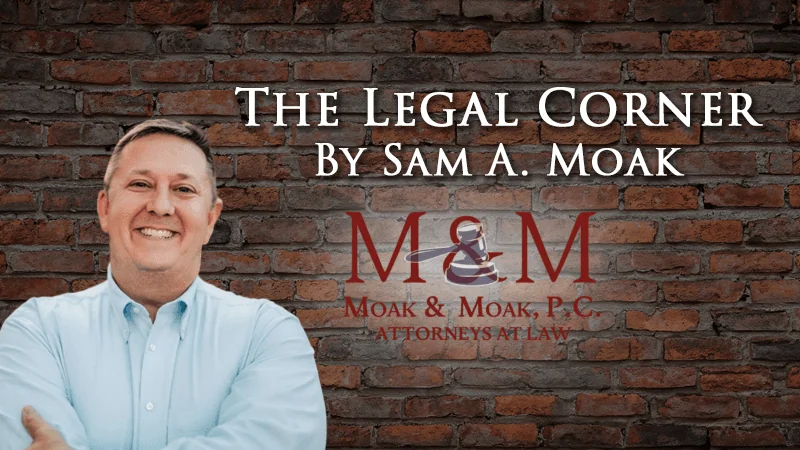The information in this column is not intended as legal advice but to provide a general understanding of the law. Any readers with a legal problem, including those whose questions are addressed here, should consult an attorney for advice on their particular circumstances.
A lot of what I do as an estate planner is help you protect your assets: I help you protect your assets for your children when you die, help you protect your assets when you are elderly and need long term or nursing care, help you protect your business or investment assets from frivolous law suits... but I can also help you protect your assets during marriage.
“During marriage?” you may ask, “Why would I need to protect my assets during marriage? I would trust my spouse with my life.” This may be true (in fact, we very much hope it is true) but statistics show that more than 50% of marriages end in divorce, yet according to this article by Robin Epstein and Amy Epstein Feldman only 3% of marrying couples bother to create a prenuptial agreement. The low number may speak for the optimism of marrying couples, but not for their common sense.
A prenuptial agreement is not an admission that you don’t really think your marriage is going to work. On the contrary, prenuptial agreements can be useful in many situations, not just in cases of divorce. If you are entering into a second marriage and have children from a previous marriage a prenuptial agreement is absolutely essential to ensure that your children are entitled to any assets you bring from your previous marriage. If you or your fiancé comes to the relationship with heavy debts a prenuptial agreement can ensure that your marriage doesn’t begin under the weight of all that debt. And a prenuptial agreement can be a precursor to your eventual estate planning.
There are some things you need to know about prenuptial agreements. First, they are time sensative. The agreement must be entered before the date of marriage and this should be done at least two (2) months before the vows are exchanged. Before the agreement is signed, both parties have the right to have their own attorney review the agreement. One attorney can’t represent both parties. In order to have a completed agreement ready to review by both parties, all information regarding the assets of each party must be provided to the attorney drafting the prenuptial agreement. The list of assets should be specific. Gathering this information can take time, so be sure to give yourself enough time to gather it and provide it to the attorney drafting the agreement. Finally, prenuptial agreements are not something a couple should try to do themselves. Seek legal help from an attorney who can make sure all of the legal details are covered.
If you are planning a wedding in the near future, seek an attorney that can help answer any questions you may have about prenuptial agreements. But really, knowing the many ways a prenuptial agreements can protect you, your spouse, and your children—is there any reason not to have one?
Sam A. Moak is an attorney with the Huntsville law firm of Moak & Moak, P.C. He is licensed to practice in all fields of law by the Supreme Court of Texas, is a Member of the State Bar College, and is a member of the Real Estate, Probate and Trust Law Section of the State Bar of Texas. www.moakandmoak.com


